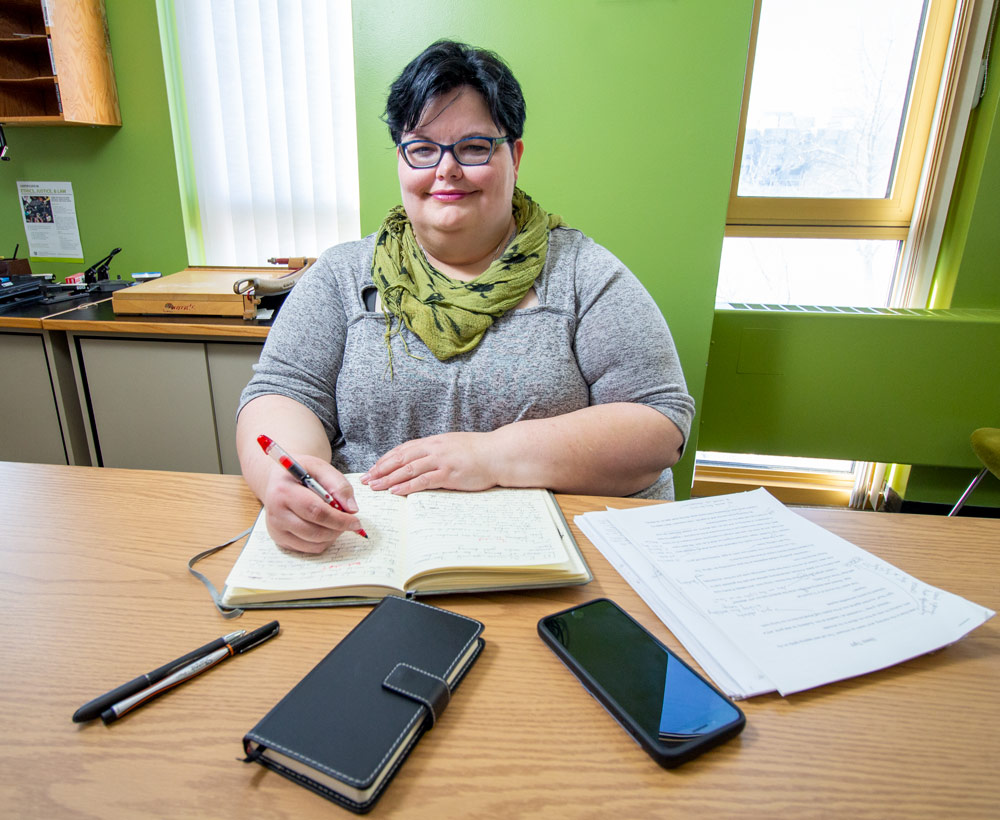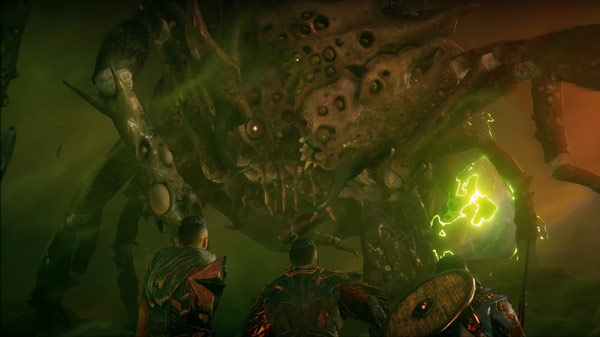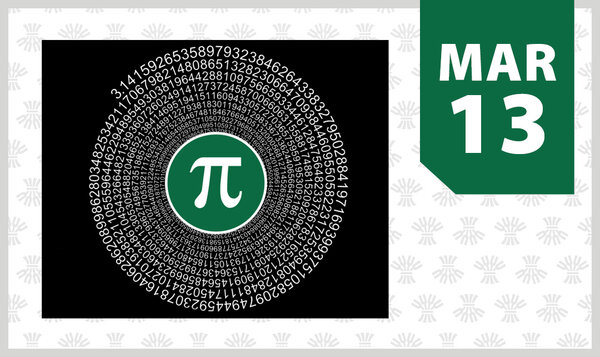
Branching out: MFA student writes interactive stories for video games
Tonia Laird worked on blockbuster video game series Dragon Age before coming to the University of Saskatchewan
by Noah Callaghan
Tonia Laird knew that players of Dragon Age: Inquisition would hate fighting a giant spider. That’s exactly why she wanted it in the game.
Laird spent two years working at Edmonton video game studio BioWare, where she wrote dialogue and designed quests for blockbuster action role-playing games Dragon Age II and Dragon Age: Inquisition. Now a student in the University of Saskatchewan’s MFA in Writing Program, she is currently writing her own game titled Poster Girl.
When Laird dreamed up a four-storey-tall demonic spider to prey on the fears of the Dragon Age fan base, she was applying an important lesson she learned at BioWare.
“You are not only writing for yourself—like a lot of novels you can write for yourself—but we write for a very large audience and plan the biggest emotional strikes,” she said.

The interactive stories Laird writes for video games make players react to situations that change which narrative they experience as result. She says having these “branching narratives” makes plot development “more in-depth than writing a linear narrative, because you still have to tie everything together in the end.”
“It’s a really different style of writing. If you ask somebody to make a branching narrative, you can keep branching out forever, but you have to pull it back or there is accidently 3,000 words that nobody will see because they’re on a different path,” Laird said.
Interactive games are a unique form of storytelling because they reflect the players’ individual choices—often their responses to moral dilemmas—making each experience different.
“The path that most people play is usually the positive or neutral path,” Laird said. “A lot of people have a hard time playing the aggressive path. Which is the most fun to write because you can just write a jerk.”
Laird is enthusiastic about sharing ideas with fellow students during the workshops of the MFA program in the Department of English. “You can learn something from everybody,” she said. “You can learn what not to do from a master because it doesn’t work for your writing. And you can learn this amazing structure from an amateur.”
Laird believes one of the strengths she brings to in-class critiques is the skill for dialogue writing she developed in the video games industry.
“It has been wonderful to supervise Tonia because she does have such a great sense of story and storytelling,” said Dr. Jeanette Lynes (PhD), director of the MFA in Writing Program.

Poster Girl, the interactive story Laird is developing for iOS with app developer FableLabs, offers her levels of creative control she never had working at a large game studio. “I work with an art director so I can say exactly … what this character should look like,” said Laird. “It gives me a lot more power than I’m used to.”
“The most exciting part, really, is it’s my own intellectual property—like I completely own this. And I’m not used to that when it comes to game writing.”
This freedom has allowed Laird to write a fictional world where she can address social issues important to her. “You can talk about these issues without the blowback because if I made a scenario about how a woman wasn’t treated correctly, most people would say, ‘hey, that makes sense.’ And they accept it as more of a story, less of a talking head.”
Laird believes it is a great time to be an independent creative because digital platforms are removing the limitations of conventional publishing.
She encourages other writers interested in video game design to pursue their aspirations. “It seems really daunting at first for some people, but once you figure it out, it’s a good way to make money as a writer,” said Laird. “If it is something that you really want to do, definitely just keep working on it.”
Noah Callaghan is an English student intern in the College of Arts and Science communications office.


